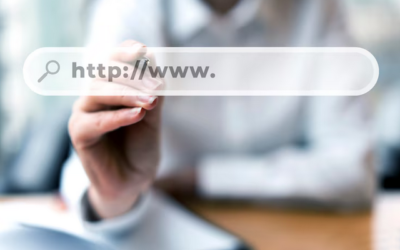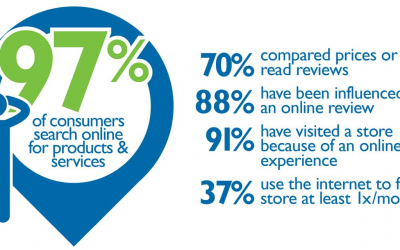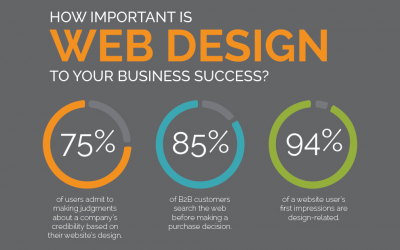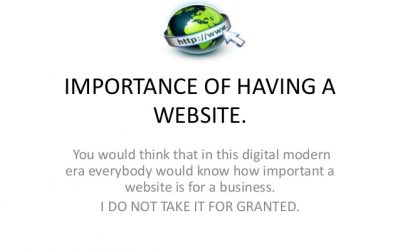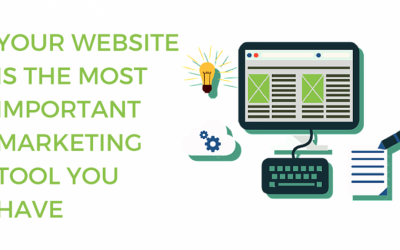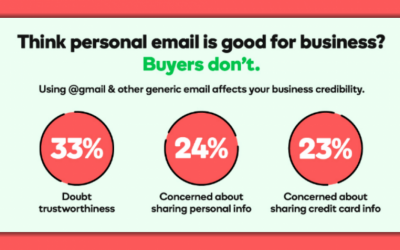“Establish credibility: 75% of consumers judge a company’s credibility based on its website.”
First Impressions Matter:
- Your website is often the first point of contact for potential customers. A professional, well-designed site creates a positive initial impression, signaling that your business is legitimate and trustworthy.
- Quality Design Reflects Quality Service:
- A polished design, including intuitive navigation, high-quality images, and clear typography, communicates attention to detail. Consumers often equate a visually appealing website with the quality of products or services offered.
- Consistency in Branding:
- Consistent branding across your website—from logos to color schemes—helps reinforce your brand identity. This consistency builds familiarity, which can enhance trust and credibility over time.
- Informative Content:
- A credible website provides valuable content that informs and educates visitors. Blogs, guides, and resource sections showcase your expertise and position you as a knowledgeable authority in your field.
- Customer Testimonials and Reviews:
- Displaying customer testimonials, reviews, and case studies builds social proof. When potential customers see that others have had positive experiences, they’re more likely to trust your business.
- Secure Transactions:
- Implementing security measures (like SSL certificates) reassures customers that their personal information is protected. A secure website is essential for e-commerce businesses and significantly boosts credibility.
- Professional Contact Information:
- Clearly displaying contact information, including phone numbers, email addresses, and physical addresses, signals transparency. It shows that you are accessible and ready to assist customers, which fosters trust.
- Active Engagement:
- Regular updates, such as blog posts, news, and events, indicate that your business is active and engaged. An outdated website can create the impression that your business is stagnant or unreliable.
- Media Mentions and Partnerships:
- Featuring logos of media outlets that have covered your business or partnerships with reputable organizations can enhance credibility. It demonstrates that others recognize your authority and reliability.
- FAQs and Transparency:
- Providing a comprehensive FAQ section that addresses common concerns shows that you understand your customers’ needs. Transparency about your policies, pricing, and processes fosters trust.
Conclusion
In summary, a well-constructed website is essential for establishing and maintaining credibility. Given that 75% of consumers judge a company’s reliability based on its online presence, investing in a professional website is not just beneficial—it’s crucial. By focusing on design, content, and user experience, you can build a trustworthy digital platform that encourages potential customers to choose your business with confidence.




